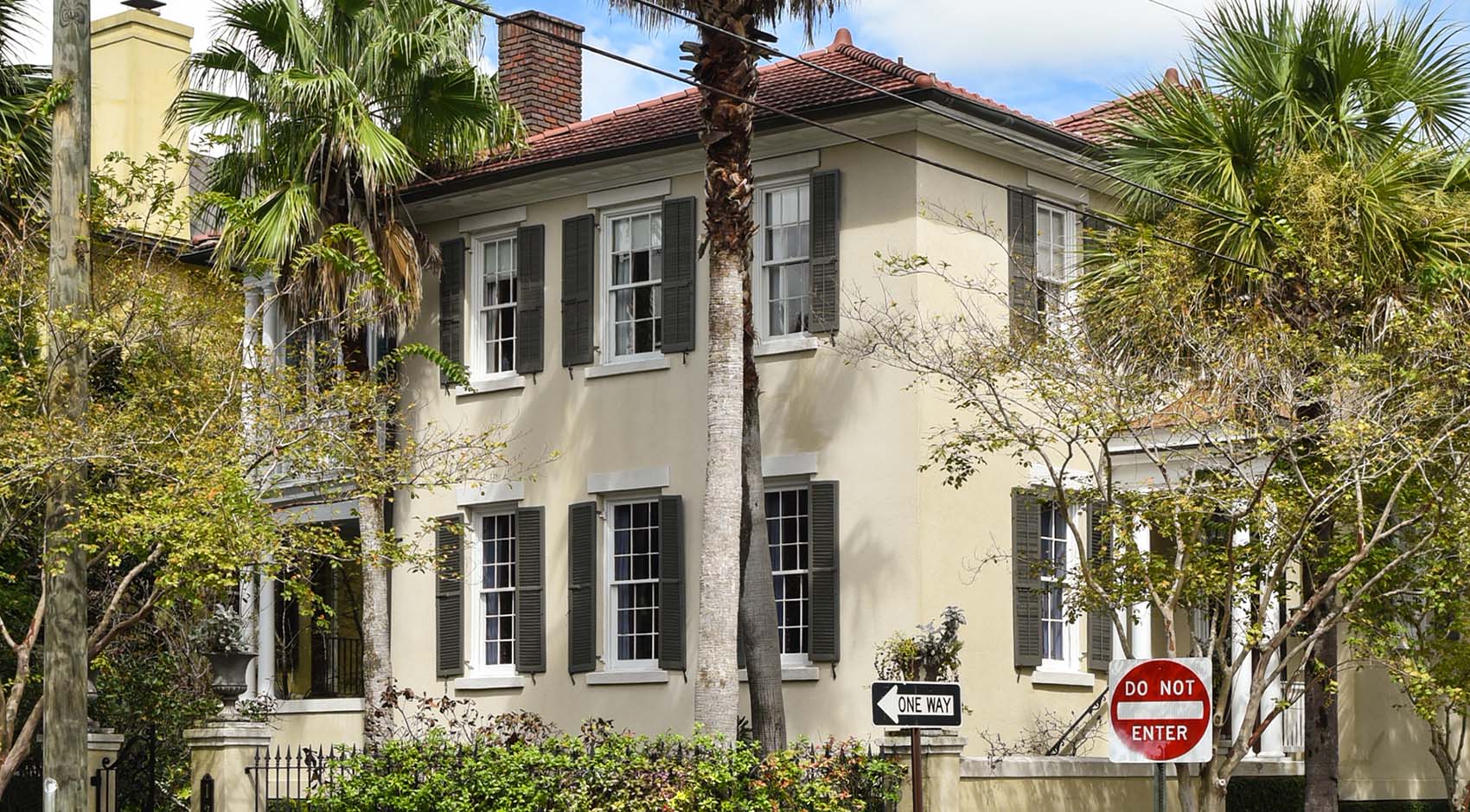 By Holly Roberson, Guest Contributor
By Holly Roberson, Guest Contributor
A city steeped in history, Charleston SC is famous for it’s beautifully preserved historic homes. And when you buy a historic home, you not only have the honor of being an owner, but it also means preserving Charleston history for future generations. When purchasing a historic home, there are five important factors to consider outside of the typical questions or check list items. From hiring the right professionals, to asking the right questions and applying for tax incentives, here are 5 things to consider:
Hire an inspector or structural engineer who knows historic properties. In addition to the usual inspection list, an in-the-know inspector that has built a reputation on understanding the architecture and structure of historic properties will look behind the scenes to thoroughly investigate the foundation, the floorboards (check for loose or weak ones), and the stairs for safety. A leaning house is not necessarily unstable, but a leaning chimney can be a huge issue if the top leans past the base! Original windows may be delicate, but with modern A/C do they really need to open? They will make sure the fresh paint isn’t covering up leaks or water damage and look for lead paint underneath. And, they will check the attic for signs of nests, hives and bats. In addition, that wiring is probably “post and tube ” and needs to go, and plumbing? You would be amazed at what we find!
Know the restrictions placed on your home. Are there interior easements? Are there facade easements? In Charleston, the Board of Architectural Review (BAR) oversees “the preservation and protection of the old historic or architecturally worthy structures and quaint neighborhoods which impart a distinct aspect to the city and which serve as visible reminders of the historical and cultural heritage of the city, the state, and the nation.” In Charleston, certain standards apply to the historic homes and districts. They are good institutions to work with, but either you or your contractors must understand the rules and apply them.
Know the rules about applying for Historic Tax Credits. There are lots of forms to fill out but it can be worth the time to receive 25% of the cost of some repairs. There are restrictions on how both the eligibility for the home and repairs are determined. For starters, homes that are determined by the State Historic Preservation Society or listed individually in the National Register of Historic Places meet those thresholds. The credit will also reduce your cost basis in the home, meaning increased capital gains on the sale of an investment property, but not if it’s your primary home.
Hire experienced professionals for historic repair and restoration. Original plaster and hand carved mantels should be done right. Some of the embellishments on historic homes are one-of-a-kind and demand a skilled craftsman. Think about the beautiful lime wash finish on our own office, the historic Peter Bocquet House at 95 Broad Street – it nearly glows – a result of carefully applied layers of lime wash. It’s a special skill to create that effect and keep it that way.
Check the utility bills. Many old homes do not have modern insulation. In Charleston, homes were built to “breathe” in our humid climate. The windows expand in summer and contract in winter. Work with a professional before tampering with some of these charms, as there are a number of measures you can take to improve insulation standards during a renovation. However, you must also consider how the air is conditioned and air exchange to keep that hated mold at bay.
Note: Before you buy a historic home in Charleston SC, consult the experts. From real estate to construction and renovation, our Realtors and Luxury Simplified Construction teams have extensive experience in purchasing, renovating and restoring in downtown, winning multiple awards for our work in the process. They will be pleased to work with you to help you understand the art of the possible, and advise you against the pitfalls, the unnecessary, or outright foolish. And after your purchase? We will help you navigate the maze of permits and approvals for this unique work.
Interested in Learning More?
Our expert teams - from development, investment, real estate, and property management - have experienced it all and have the insight to help you along the way.
Find Out More